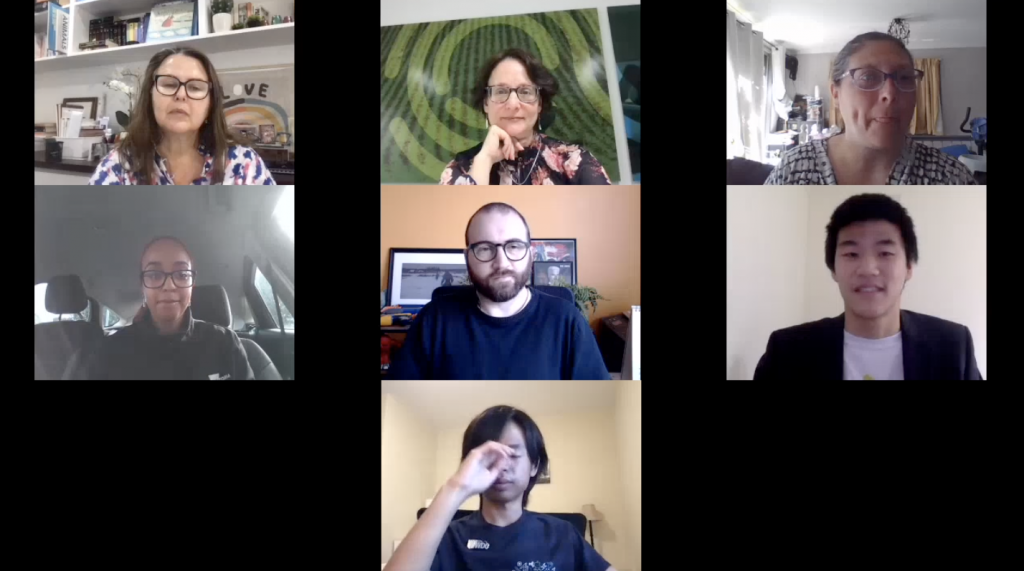At DiUS, we’re passionate about improving the world for future generations and helping address some of the biggest challenges faced by our society today.
One of the ways we do this is through our community partnerships. So, when we were asked to participate in the Youth Futures Summit, we jumped at the opportunity! Youth Futures Summit is a virtual, three-day event that brings together thousands of people from across Australia to help re-imagine the biggest challenges and systems impacting young people.
To help society make substantive progress, we need to be co-creating what’s next with the people who are going to get us there—our young people.
In addition to DiUS supporting 20 young people to attend on scholarships, I also had the opportunity to participate and hear from a panel of experts, including our own Head of Strategy and Growth, Kirsty Miller, on the skills of the future of work.
The panel discussion began with a couple of surprising facts. Like, did you know that 85% of jobs that will exist in 2030 haven’t been invented yet or that young people are likely to have 14 careers in their lifetime? Blows your mind, doesn’t it?!
When we talk about the future of work, one thing’s for sure; the nature of work—the how, the why and the where—will change. I’m not just talking about the rise of AI (although predicted to take 20 million jobs globally by 2030), the gig economy is also taking hold and it’s redefining the work, workforce and workplace as we know it.
So, how can we better prepare young people for the future of work? Well, there’s no one-size-fits-all solution, but the panel did speak in depth about the importance of helping young people build resilience in order for them to become more flexible and adaptable to change.

The panel spoke about our education system and how we can better prepare students, along with the policy changes needed to help reduce barriers to employment, and the role organisations can take to hire, train and deploy more young people into the workforce.
Another important factor was how to better support workplace diversity and accessibility, to enable social justice, creativity and improved performance. The panel also delved into the important role of the government in making skills development funding more accessible and beneficial for employers, in particular small businesses.
While these are some big challenges that can’t necessarily be solved in a 90 minute discussion, the panel did also speak about the transferable skills that young people should learn in order to fully participate in the future of work. While digital skills have become table stakes for entering the workforce, transferable skills are human qualities that can’t be replaced by AI or robots, and require more than a simple input A to output B calculation.
In 2030, transferable skills like empathy and communication, problem solving, critical thinking, creativity and collaboration, along with negotiation and leadership skills are predicted to be essential for the future of work…and until robots have their own robots, technical skills will also continue to be in high demand.
So, regardless of whether you’re entering the workforce for the first time, making a career change or have been working for the past 30 years, soft skills are expected to become the new ‘employable’ skills.
Want to learn more about the future of work for young people?
Watch the ‘Skills for the Future of Work’ panel discussion at the Youth Future Summit below.

